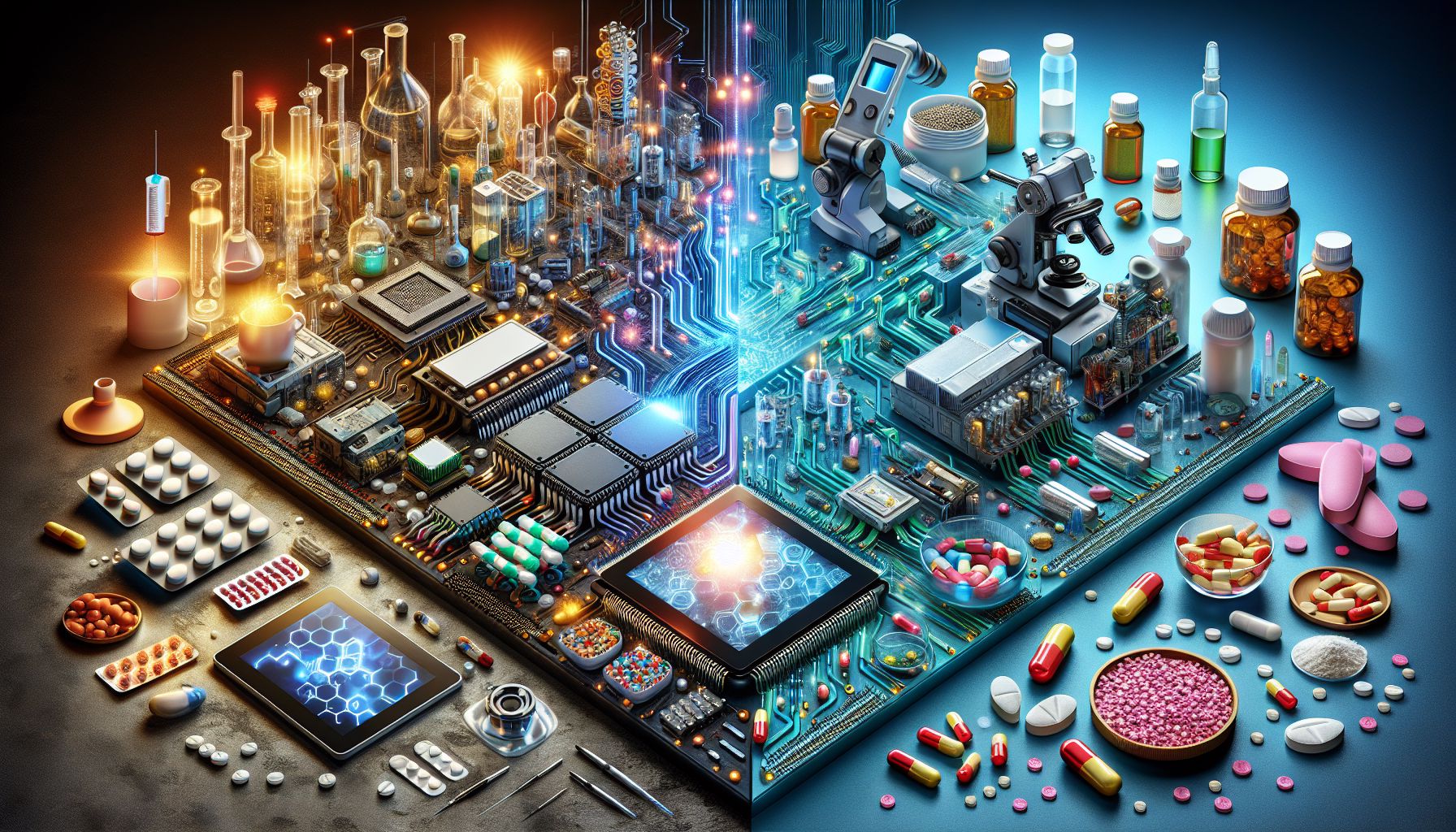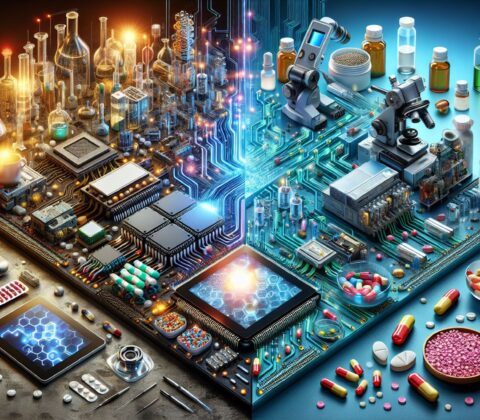

The Intersection of Technology and Pharmaceutical Products
Technology has revolutionized nearly every aspect of our society, and the pharmaceutical industry is no exception. With the help of advanced technology, pharmaceutical companies are able to develop, test, and produce drugs more efficiently and effectively than ever before. From research and development to distribution and patient care, technology plays a crucial role at every step of the pharmaceutical supply chain.
One of the most significant ways that technology is shaping the pharmaceutical industry is through the use of data analytics and artificial intelligence. By analyzing massive amounts of data, researchers can identify potential drug candidates more quickly and accurately than ever before. Artificial intelligence algorithms can also help predict how drugs will interact with the human body, allowing for safer and more effective treatments.
Another key area where technology is making a difference is in the manufacturing process. Automation and robotics are increasingly being used to produce pharmaceutical products, leading to higher quality and consistency in the final products. These technologies also allow for faster production times, which means that drugs can reach patients in need more quickly.
In addition to research and manufacturing, technology is also impacting the way that pharmaceutical products are marketed and distributed. Digital marketing techniques are now being used to reach healthcare professionals and patients, providing them with important information about new drugs and treatment options. Electronic health records and telemedicine services are also changing the way that patients access and receive pharmaceutical products, making it easier for them to stay healthy and properly manage their medications.
As technology continues to advance, the possibilities for improving pharmaceutical products and healthcare outcomes are endless. From personalized medicine based on genetic testing to the development of new treatments for previously untreatable diseases, technology is opening up new frontiers in the pharmaceutical industry.
However, it’s important to remember that with great power comes great responsibility. As pharmaceutical companies leverage technology to create new products and treatments, they must also ensure that they are prioritizing patient safety and data privacy. The regulation of technology in the pharmaceutical industry will be crucial to ensuring that these innovations are used ethically and responsibly.
In conclusion, the intersection of technology and pharmaceutical products is a dynamic and rapidly evolving field that has the potential to revolutionize healthcare as we know it. By harnessing the power of data analytics, artificial intelligence, and automation, pharmaceutical companies can create safer, more effective drugs that improve the lives of millions of people around the world. As long as this technology is used responsibly and ethically, the future of pharmaceuticals looks brighter than ever before.
Comments are Disabled